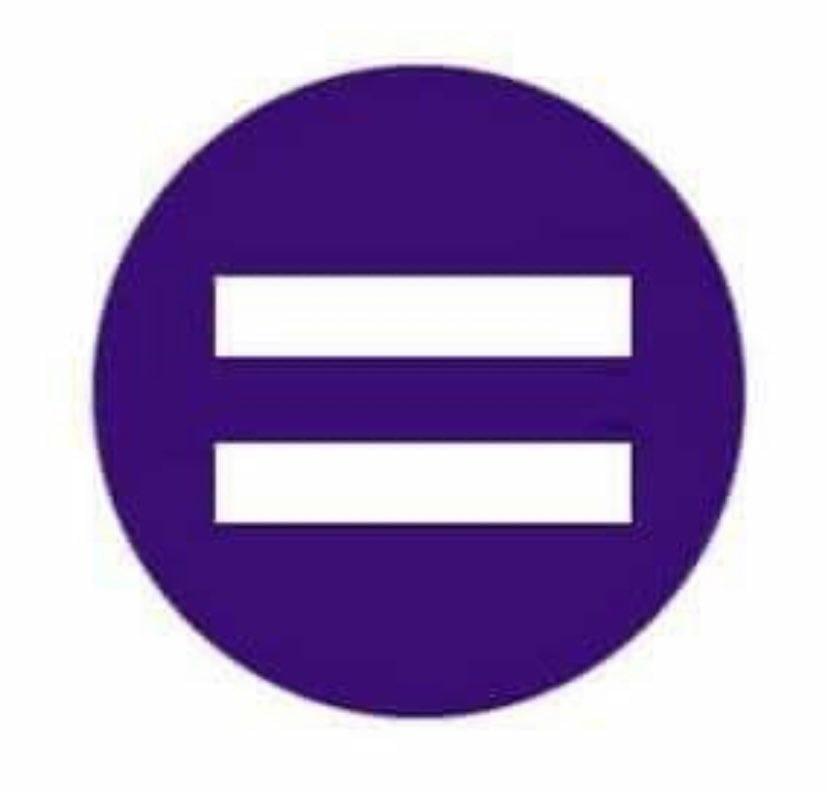Gender-based inequality, harassment and oppression have been at the centre of social debate and activism since the beginnings of the feminist movement over a hundred years ago. Although our understanding of gender as a concept has evolved and women in Ireland are afforded freedoms their grandmothers could only have dreamt of, women still face the threat of male violence on a daily basis. DUGES (Dublin University Gender Equality Society) is at the forefront of the movement to confront misogyny and male violence towards women on Trinity campus.
For women in Trinity, our very presence within the grounds of the university is a relatively recent phenomenon, historically speaking. Women were not enrolled as students in Trinity until 1904 and a woman was not promoted to the position of professor until 1958. Women could not live on campus until 1972 and could not enter the dining hall until the 1970s. While women have made up the majority of students in Trinity since the 1980s, issues of gender-based harassment and inequality remain all too present, both with the academic body itself, in its societies, and among its students generally.
With weekly events providing safe spaces for women and gender non-conforming students, DUGES has been ahead of the curve in addressing gender-based discrimination. From coffee hours and movie nights, to a hugely successful Taylor Swift karaoke night, DUGES strikes a comfortable balance between its activism and its celebration of femininity. Students can find support in the challenging moments and connect with those who understand their experience, both positively and negatively. DUGES also recognises intersecting identities, holding safe-space events for its women-loving-women and gender non-conforming members, recognising the full spectrum of gender and sexuality.
“DUGES provides a platform for its members to voice their concerns about gender-based harassment on campus to the university’s governing body and works closely with the Student Union to make tangible change.”
Alongside its community-building, confidence-boosting events, DUGES also plays a significant role in on-campus activism and gives voice to Trinity’s feminist staff and students. As clubs reopened for the first time since the beginning of the pandemic back in October 2021, the society posted a “Club Safety Guide” to its Instagram, detailing the dangers of spiking, its symptoms and what to do if you think you or a friend have been spiked. DUGES provides a platform for its members to voice their concerns about gender-based harassment on campus to the university’s governing body and works closely with the Student Union to make tangible change.
Most recently, DUGES held a vigil for all those lost to gender-based violence in the wake of the brutal murder of Ashling Murphy in Trinity’s Rose Garden. In a post to Instagram before the vigil, DUGES extended their “deepest sympathies to the family and loved ones of Ashling Murphy” and also “to anyone else who has lost someone to gender-based violence”. The post went on to say that “if we ignore gender-based violence in our communities, we are enabling it”. The vigil, which included powerful testimonies from the DUGES committee and those in attendance, was held at 12pm on Monday 17 January. A minute’s silence was observed in memory of Ashling and the 243 women who were killed before her since records began.
While DUGES has proudly promoted feminism at its weekly events since its foundation, its name has been the subject of some confusion and controversy over the years, both on and off campus. Many have questioned why its name is the society for “gender equality” rather than the “Feminist Society” or “Fem Soc”, as it is often referred to. In 2017, a motion was brought by DUGES to the Central Societies Committee (CSC), but was denied based on a bureaucratic issue, rather than an outright opposition to the motion itself. In an article for Trinity News, former DUGES chair Aine Palmer wrote that the process consisted of being “told which bureaucratic hoops to jump through by a body that appeared to want to see us trip up”. The CSC’s resistance to rename DUGES to Fem Soc is indicative of the barriers facing women on campus and highlights the necessity of its role in student life.
For DUGES, its aim to “continue the increasingly important on-campus conversation regarding feminism and gender politics” could not be more evident in its creative, political events and the enthusiastic participation of its members. The feminist movement has had many iterations and is constantly evolving as society and theories of gender as a construct develop and DUGES has remained at the forefront of these issues. In providing a safe, inclusive space for students to feel united in their experiences, DUGES is fighting the good fight to ensure women, on campus and in society generally, feel empowered and understood.






